Just hours after India and Pakistan declared a U.S.-brokered cease-fire on Saturday, the skies over Srinagar lit up with explosions – casting immediate doubt on the truce’s durability.
“What the hell just happened to the cease-fire? Explosions heard across Srinagar,” posted Omar Abdullah, chief minister of Indian-administered Kashmir, on X, signaling fresh unease in the long-volatile region.
The cease-fire – announced after a dangerous barrage of cross-border missile fire – was meant to halt the worst spike in hostilities since last month’s mass shooting, which India blames on Pakistan.
Both countries had exchanged intense fire earlier in the day, risking a broader conflict between nuclear neighbors.
While Indian Wing Commander Vyomika Singh assured reporters that New Delhi was committed to “non-escalation, provided the Pakistan side reciprocates,” Islamabad’s response suggested lingering bitterness. Pakistan’s Foreign Ministry said its forces only retaliated after “unprovoked and unlawful Indian aggression,” claiming Indian strikes had killed civilians and hit multiple sites along the border.
Still, Islamabad stated it remains open to “constructive diplomacy and comprehensive dialogue,” reiterating its long-held demand that the Kashmir issue be resolved through negotiations.
Meanwhile, global diplomacy was in overdrive. U.S. Secretary of State Marco Rubio held urgent calls with Indian officials and Pakistani army chief Gen. Asim Munir, urging calm and encouraging both sides to pull back from the brink, according to the State Department.
China also weighed in, voicing strong support for Pakistan. Chinese Foreign Minister Wang Yi praised Islamabad’s “restraint” and promised Beijing would continue to stand by its “ironclad” partner in protecting its sovereignty and territorial integrity. Pakistan’s Foreign Ministry released a statement quoting Wang, though the timing of their conversation – before or after the cease-fire – remained unclear.

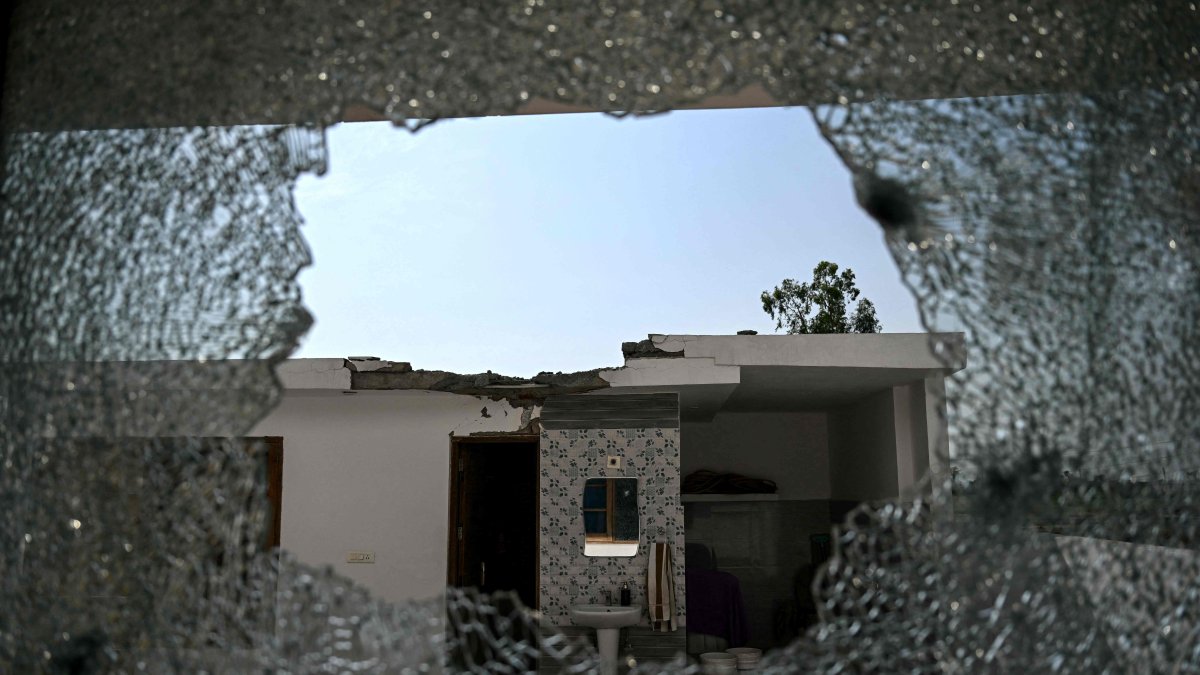
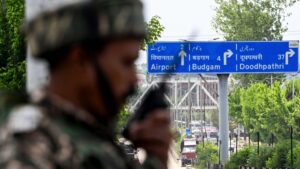





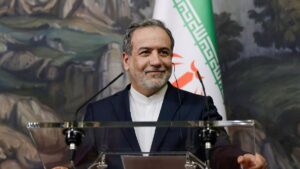




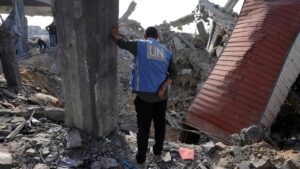

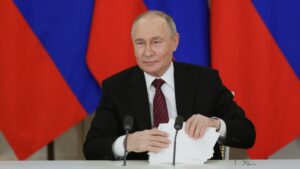



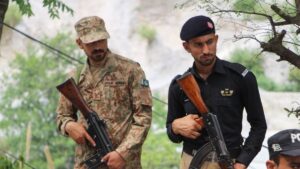

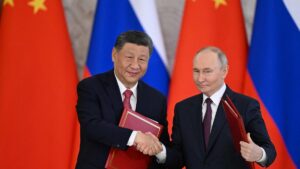


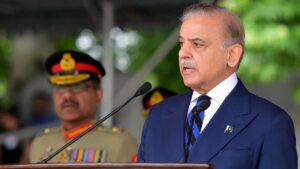



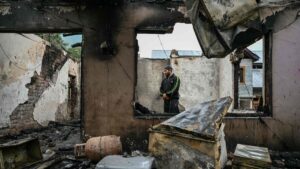








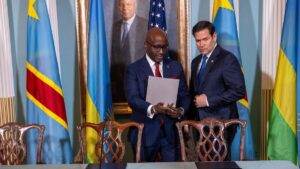








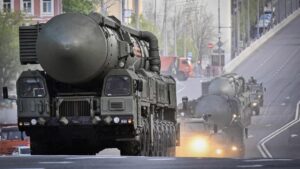





Be First to Comment